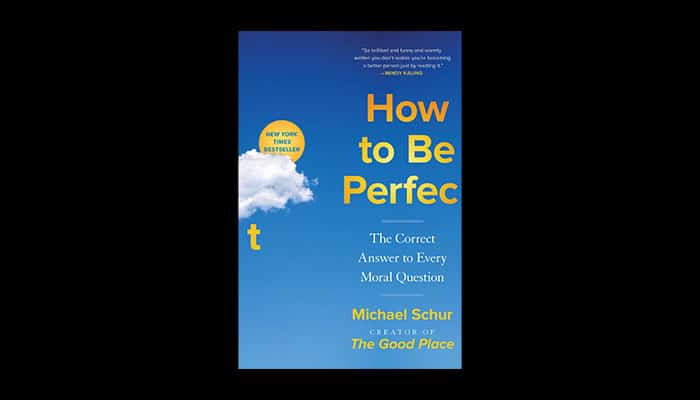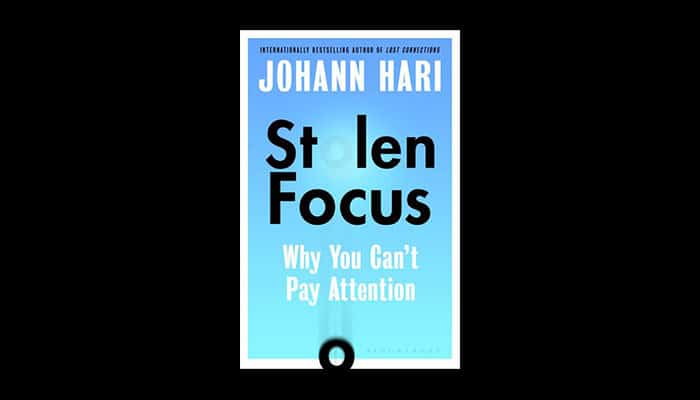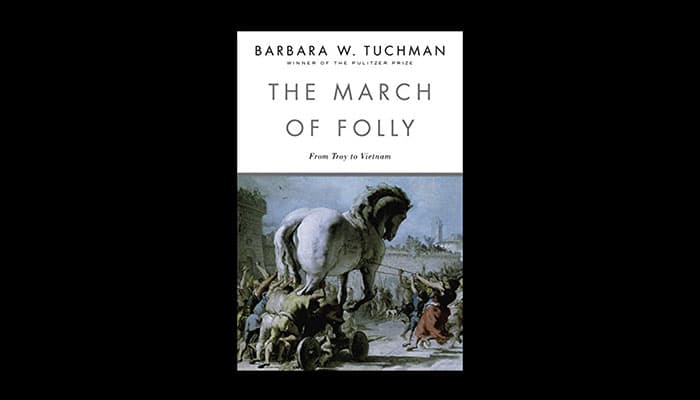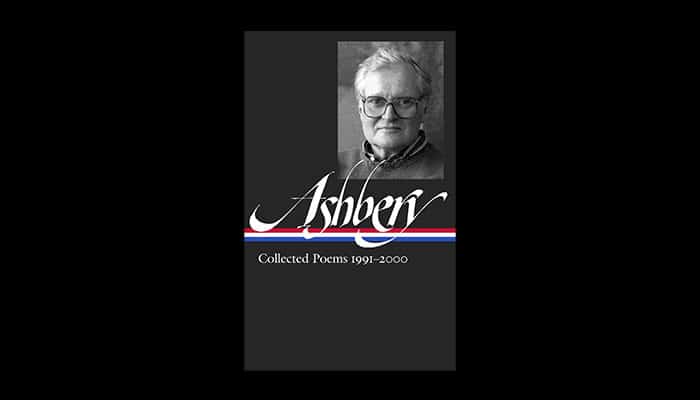
Ever wondered what we’re reading over at The Ethics Centre? Well here’s your chance! We asked some of our thought leaders for their best ethical reads this year.
She Who Became the Sun by Shelley Parker-Chan

To take a break from reading so much non-fiction in prep for the Festival of Dangerous Ideas, our FODI Festival Director, Danielle Harvey returns to her first love – fantasy. This re-imagining of the rise to power of the Hongwu Emperor in 14th century China combines gender, rebellion, power and faith in a powerful and fun novel.
Exhalation by Ted Chiang

Our Senior Philosopher, Dr Tim Dean recommends this startling collection of science-fiction short stories, which is as philosophically stimulating as it is deeply engaging. Chiang is one of those precious few writers who genuinely groks both science and philosophy, and does both of them justice without compromising creativity or narrative. His ‘what if’ worlds are plausible and provocative, exploring themes like freedom, fate, existentialism, memory and moral responsibility.
How to be Perfect by Michael Schur

Whether you’re a philosophy buff or you have no idea who Plato is, our Youth Coordinator and philosopher, Daniel Finlay says Schur’s writing will have you laughing, learning, thinking and reflecting all at once. This is an engaging and entertaining introduction into lots of aspects of moral philosophy, with plenty of anecdotes and comparisons to keep you from feeling like you’re in school.
Stolen Focus by Johann Hari

Making decisions we can be proud of means that sometimes we need to do things we don’t want to or have the patience for. After reading Johann Hari’s Stolen Focus, our Director of the Ethics Alliance and the BFO, Cris Parker realised how easily we can be distracted, how desperately we can crave reward and that how the technology we take for granted is contributing to this. Stolen Focus identifies the ways we can lose our capacity to make choices and provides techniques to change that. The challenge for us now is actually implementing them!
The March of Folly by Barbara Tuchman

Our Executive Director, Dr Simon Longstaff says in exploring some of the worst decisions made in human history, The March of Folly reveals the root cause that lies in one of the great enemies of ethics – the baleful effects of unthinking custom. In this historical survey, Pulitzer Prize–winning historian Barbara W. Tuchman grapples with the pervasive presence through the ages, of failure, mismanagement, and delusion in government.
John Ashbery, Collected Poems 1991-2000

Philosopher and Ethics Centre Fellow, Joseph Earp doesn’t think that ethical education is complete without poetry, nor is poetry complete without John Ashbery. Ashbery is a strange, elliptical writer, who fosters attention, and shows us the rewards of paying attention. Which is where the ethics of it all comes in – what is the ethical life, if not one where we pay attention?
Ethics in your inbox.
Get the latest inspiration, intelligence, events & more.
By signing up you agree to our privacy policy
You might be interested in…
Opinion + Analysis
Society + Culture
The Festival of Dangerous Ideas has been regrettably cancelled
Opinion + Analysis
Relationships, Society + Culture
Yellowjackets and the way we hunger
Opinion + Analysis
Society + Culture
Strange bodies and the other: The horror of difference
LISTEN
Health + Wellbeing, Business + Leadership, Society + Culture




